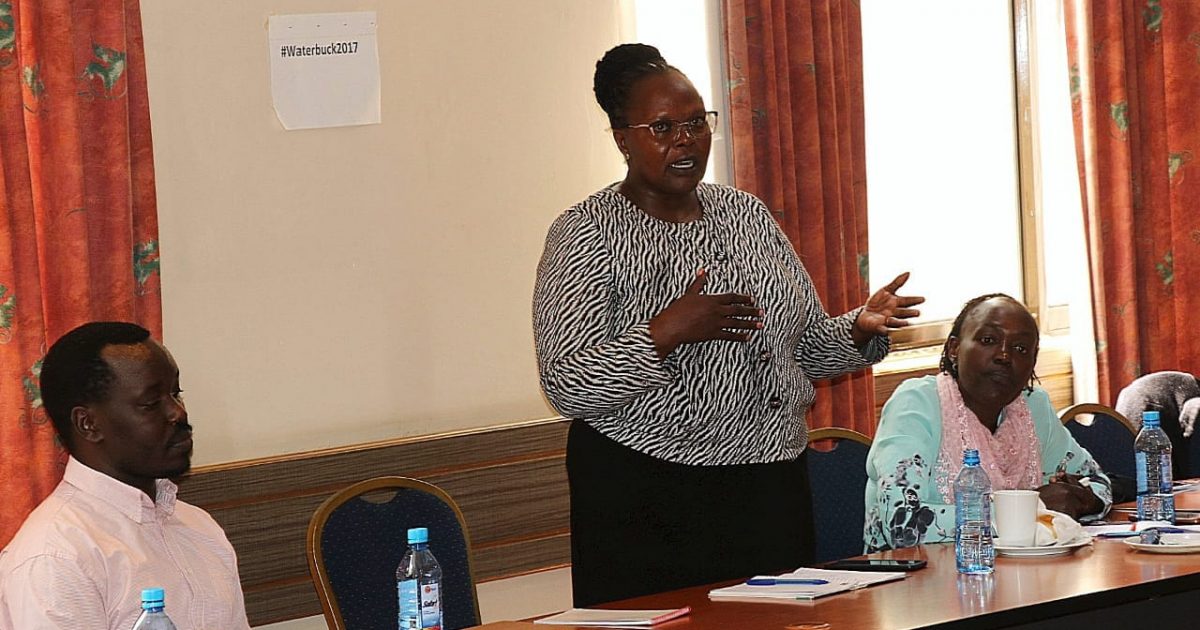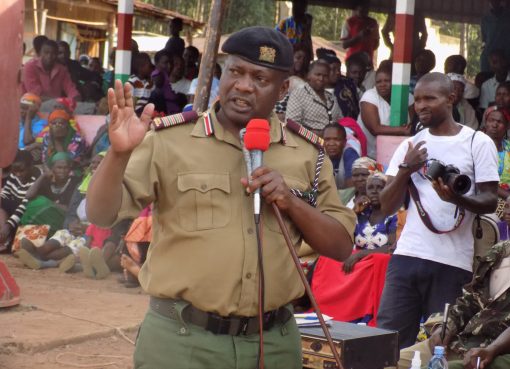Nakuru County Government has inaugurated a United States Agency for International Development (USAID)-funded programme to strengthen its financial accountability and reduce fraud and waste within its’ health sector.
The United Society Against Fraud, Waste, and Abuse (USAWA) programme is intended to strengthen citizen participation in the devolved unit’s budget making decisions to ensure public funds are effectively utilised for better service delivery.
County Chief Nursing Officer Wendy Tirop stated during the launch of the initiative that the programme will ensure better financing and spending, increased oversight and accountability, and strengthen consistent health policies and citizen involvement towards efficient healthcare for all Kenyans.
Nakuru is among the eleven counties that have benefitted from a Sh3.5 billion kitty from USAID to support three programmes including ‘USAWA’, ‘Ubora Mashinani’ and ‘Closing Gaps in devolved health service delivery’.
The USAID Ubora programme will be implemented by the Kenya Community Development Foundation.
The programme will benefit Nakuru, Homa Bay, Isiolo, Kakamega, Kiambu, Kisii, Kisumu, Makueni, Mombasa, Samburu, and Turkana counties for the 2023–2028 period and will utilise Sh1.6 billion (USD 12 million) of the total allocations.
On the other hand, the ‘closing gaps in devolved health service delivery’ and the United Society against Fraud, Waste, and Abuse programmes will in addition support Kakamega, Nakuru, Isiolo, Kilifi, and Mombasa counties.
The two programmes will ensure better financing and spending, increased oversight and accountability, and strengthen consistent health policies and citizen involvement towards efficient healthcare for all Kenyans.
Ms. Tirop welcomed the financial support, noting that it would help reduce wastage of health-allocated resources and fraudulent incidents.
She said Governor Susan Kihika’s administration was committed to fostering transparency and accountability in healthcare governance.
“This kind of collaborative effort is aligned to the Governor’s manifesto that undertook to promote inclusive reforms, transparent and efficient healthcare practices. The goal is to achieve improved health outcomes for all residents,” added the Chief Nursing Officer.
Ms. Tirop said the programme, which would be implemented in collaboration with local development organisations, will help onboard more citizens in county health initiatives through enhanced public participation exercises.
“These programmes will further citizens’ engagement in the devolved unit’s initiatives and also provide channels for reporting back on programme accountability and effectiveness,” she stated.
In addition, she lauded USAID for supporting various programmes being implemented by the county, including USAID TUJENGE JAMII, which has helped to strengthen programmes on HIV/AIDS, reproductive health, and maternal services.
On the other hand, Ms Tirop said the Tujenge programme has also strengthened services of newborn, child, and adolescent health, water, sanitation, and hygiene, health systems, and Community Health Systems (CHS).
The Chief Nursing Officer at the same time noted that USAID is also supporting the county in the Electronic Medical Records Systems, improving supply chain management on health products, and tapping data for better health financing.
Consequently, Ms. Tirop said the three programmes would help identify the gaps that hamper the delivery of services and the measures needed to seal loopholes and build a robust legislative and social accountability mechanism.
“The Governor has assured us of her unwavering commitment to providing the requisite attention to these programmes, as well as human, administrative, and technical resources, to deliver a seamless, people-focused, and results-driven execution of these activities,” said the Chief Nursing Officer.
She stated that the programmes would enhance counties’ capacity to identify and curb loopholes that lead to waste and further public participation in the devolved unit’s health sector.
In addition, Ms. Tirop noted that through the programme, citizens in the selected counties would be empowered to report inefficiencies, fraud, and corruption-related incidents that may hamper service delivery.
The five-year programme is also designed to help improve transparency, reduce fraud and waste and improve revenue generation.
In April this year Governor Kihika had announced that the health programmes would train financial experts to support county governments.
“The implementing partners will work hand-in-hand with county assemblies to improve oversight of healthcare spending and strengthen health- related policies and regulations,” she said.
On Ubora Mashinani, she said the programme would train grassroots organisations on designing effective policy advocacy campaigns and involvement in county planning and budgeting processes.
“This programme will empower citizens, especially women, youth, and persons with disabilities to influence county government policies and budgets to improve service delivery,” she said.
By Jane Ngugi



